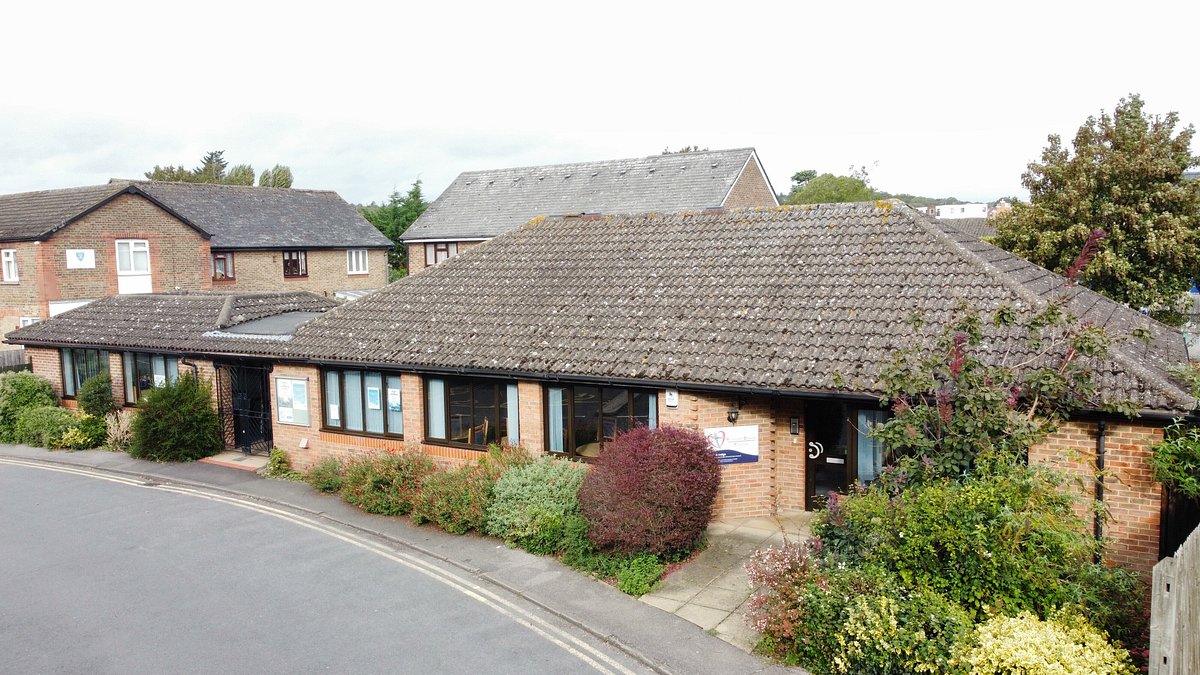Welcome to Runnymede Christian Fellowship, an Egham Church

Runnymede Christian Fellowship is a church
based in Egham but serving a much larger geographical area. Those who call us home come from Egham, Virginia Water, Staines, Englefield Green, Egham Hythe, Pooley Green, Maidenhead, Heathrow, Slough, Ashford, Thorpe, Windsor, Woking and beyond.
Our church is a community of believers who regularly meet to share life and show God's love. We do this by encouraging and serving each other and the community. We believe in the power of prayer and are always happy to pray for you.
Church - What to expect
Our Sunday service is available to stream online at
11:00 a.m. You can join us on
Livestream or via
Facebook,
LinkedIn,
YouTube or
X (Twitter).
The Sunday Service is now held at
Strodes College, Strodes College Lane in Egham open to all, so if you would like to join us, please feel free to do so. If you have any questions, please call us on
01784 637010.
We run a physical Sunday School most weeks. If you would like your children to receive a weekly Sunday School teaching pack that you can do from home, please
email us at
admin@e-runnymede.co.uk so that we can send you the materials.
Church on Sunday at Strodes College, Egham

Our Sunday service starts at 11:00 a.m. and typically lasts about 90 minutes.
We start each service with lively worship with songs from around the world, followed by inspired Bible-based teaching. All our sermons are recorded and are available as a
podcast after the service.
We have a monthly cycle of Sunday services, with our Communion Service being on the first Sunday of each month and an All-Age All-Nation Service on the second Sunday of each month. Our other Sunday services include Spirit-focused and teaching services.
We have consciously adopted being a blended church that is both for those online and face-to-face. You are welcome to join us on
Livestream or via
Facebook,
Linkedin,
YouTube, or
X (Twitter), or you can catch up and watch the recordings later.
Joining us in person
Visiting a new and unfamiliar church for the first time can be intimidating, but we want to ensure you feel welcome and enjoy your time with us. A friendly face will be waiting to meet you at the entrance and welcome you.
Doors open at 10:30 a.m. for coffee and prayer. Our Sunday Service starts at 11:00 a.m. and typically runs for about 90 minutes, normally followed by tea and coffee.
Driving and Car Parking
Our Sunday Morning Service is now held at
Strodes College, Strodes College Lane, Egham, TW20 9DR, which has plenty of Parking. Click on the link for directions to RCF.
We have plenty of parking spaces right outside the building. Spaces are reserved near the entrance for anyone with mobility problems (for those with a blue badge). Please let us know if you need to use one of these spaces, have any special needs, or require any assistance.
The car parking area is a public area, so please ensure that your children are under your control and that, for their safety, they do not run around in the car park.
Visiting with children?
Everyone is welcome at RCF. We encourage everyone, young and old, to join the service. We have Sunday School, which starts after worship and runs during the sermon for 30 to 40 minutes for children aged 4 to 12. On the second Sunday of each month, we have a shorter All-Aged All Nations Service, where the children stay for the worship and the sermon.
After Church
We chat over coffee and biscuits after church on the first, third and fourth Sundays. If you want to get more acquainted, why not join us for a Sunday lunch with some of our members? The meal is on us! Please
contact us and let us know. We would love to share a meal and get to know you better!

Want to connect?
If you want to connect with us either to be part of our wider online community or to join our Sunday gatherings, please let us know through our connect card.
Any Questions?
If you have any questions, please review our
FAQ page. Here, you’ll find answers to many common questions. If you still have questions or concerns,
please contact us; we’d love to hear from you.
WE LOOK FORWARD TO WELCOMING YOU TO RCF!!
To contact us or see a map,
click here.
Our midweek Ministry base at Virginia Lodge, Egham
